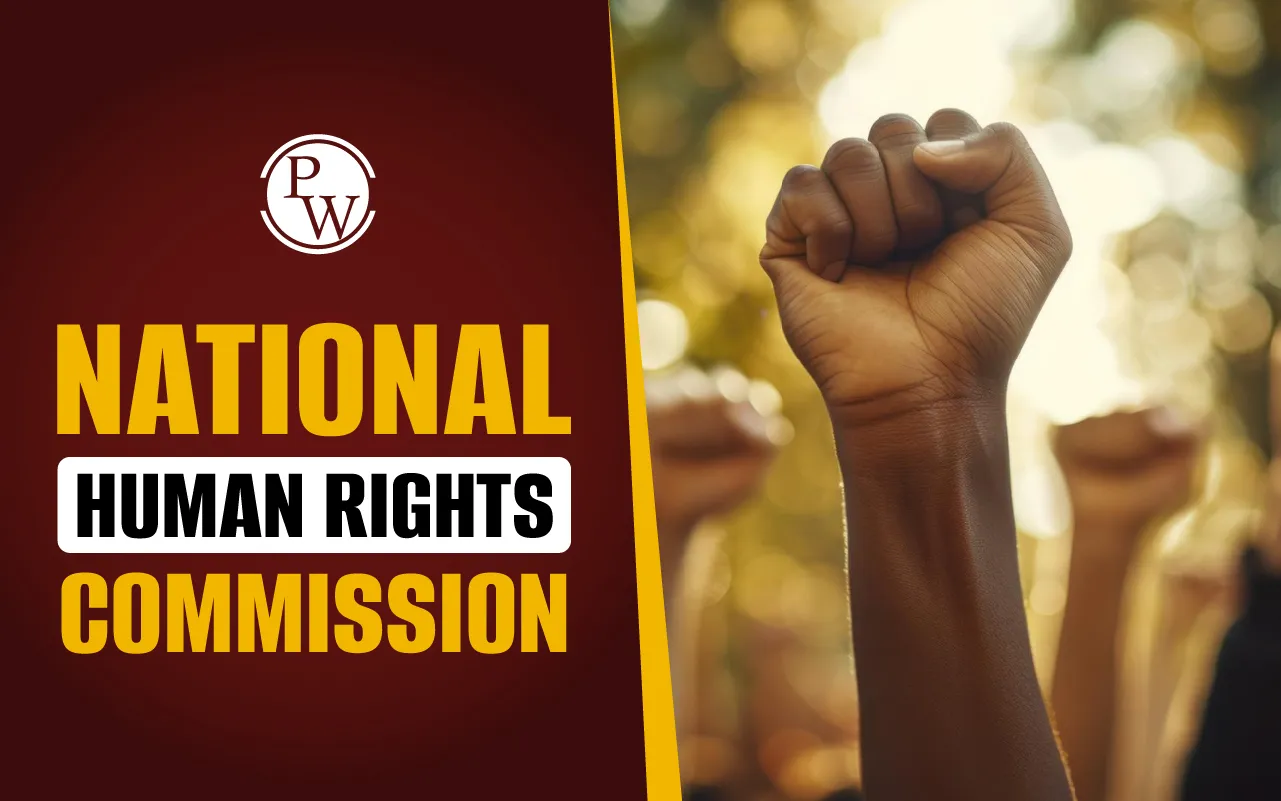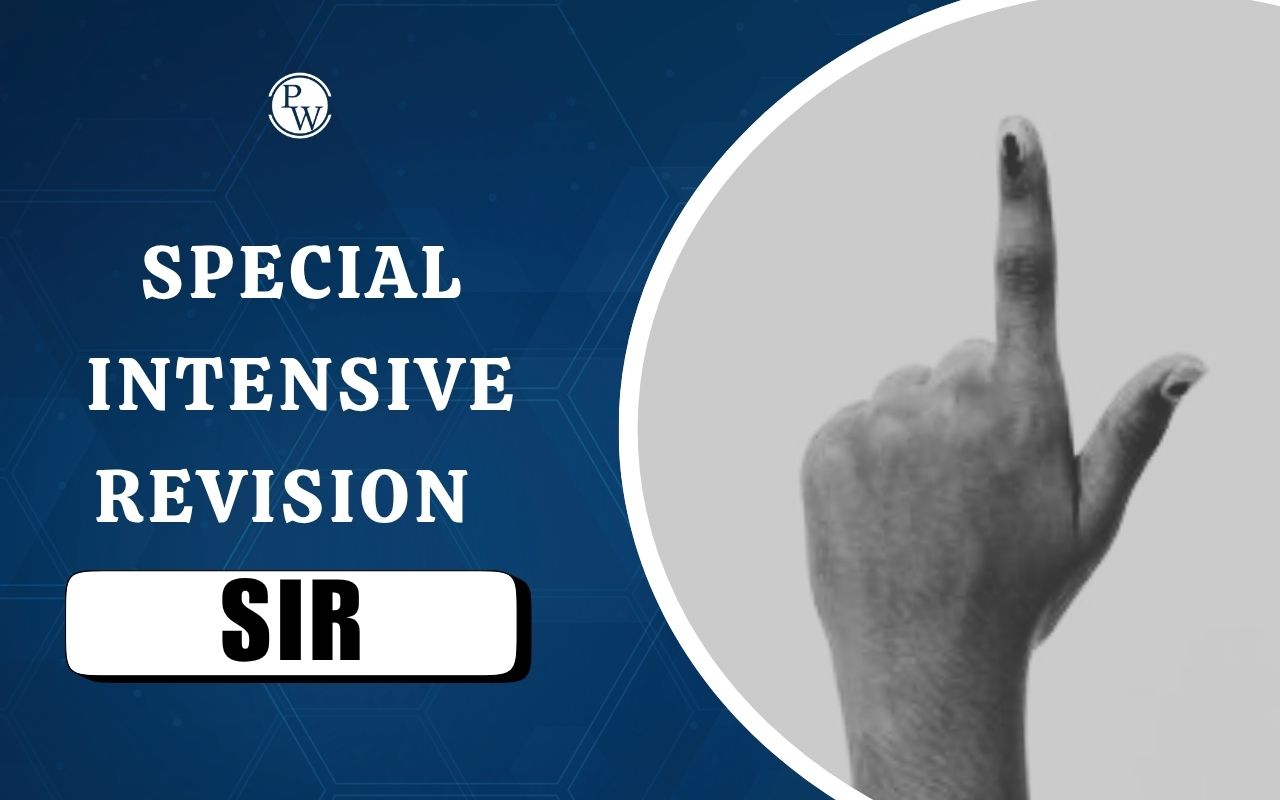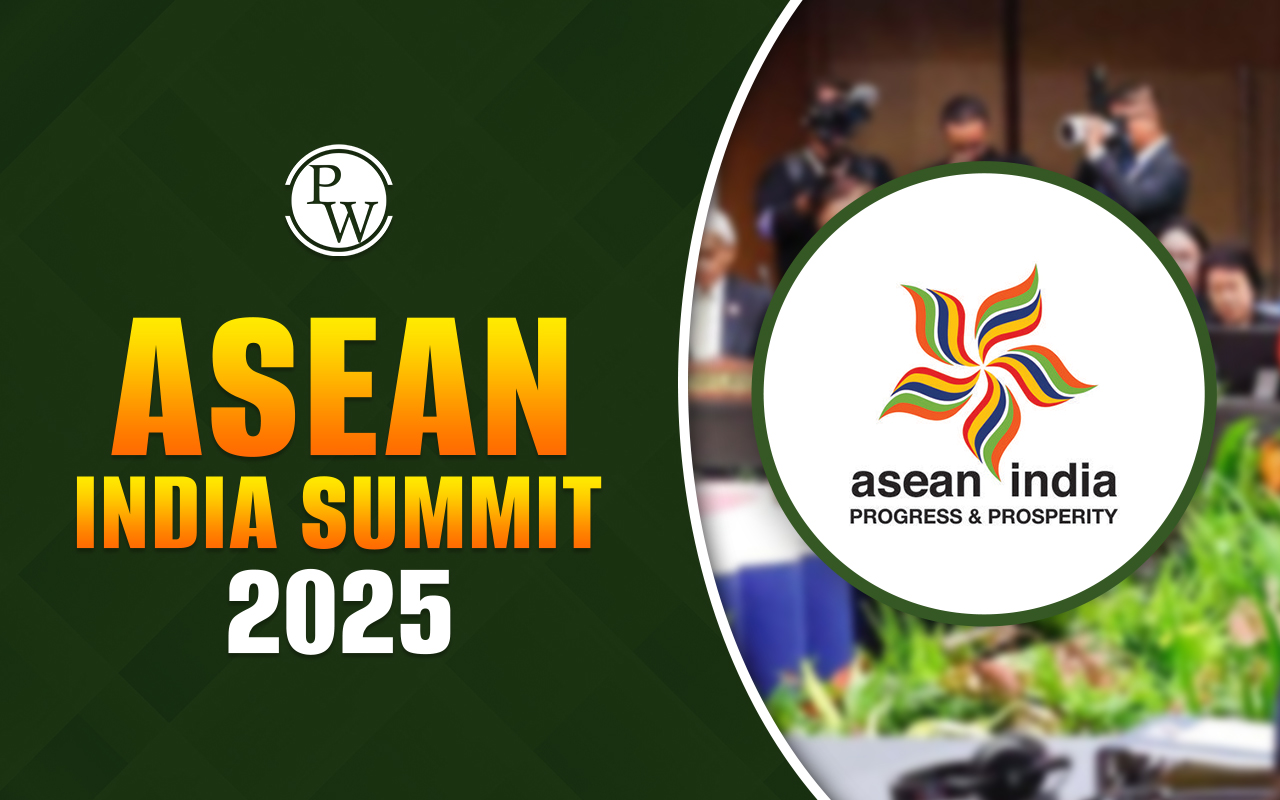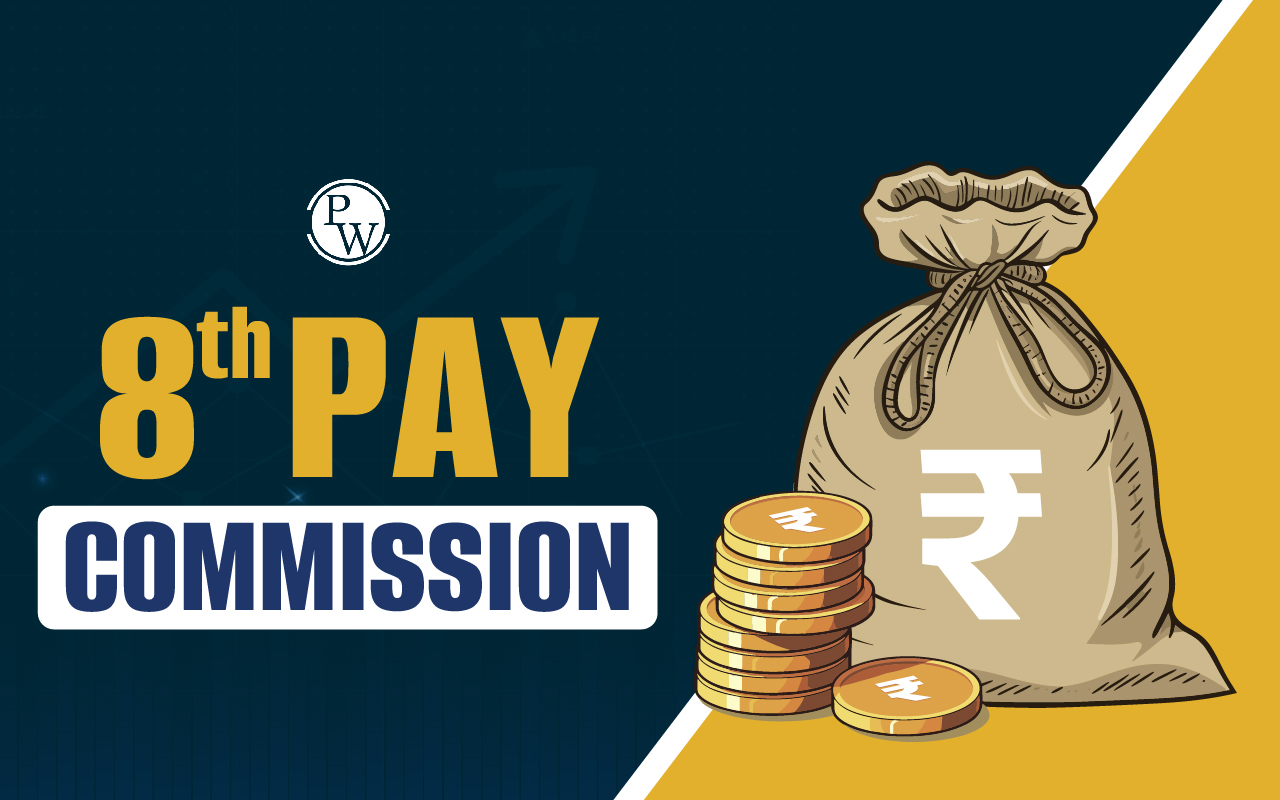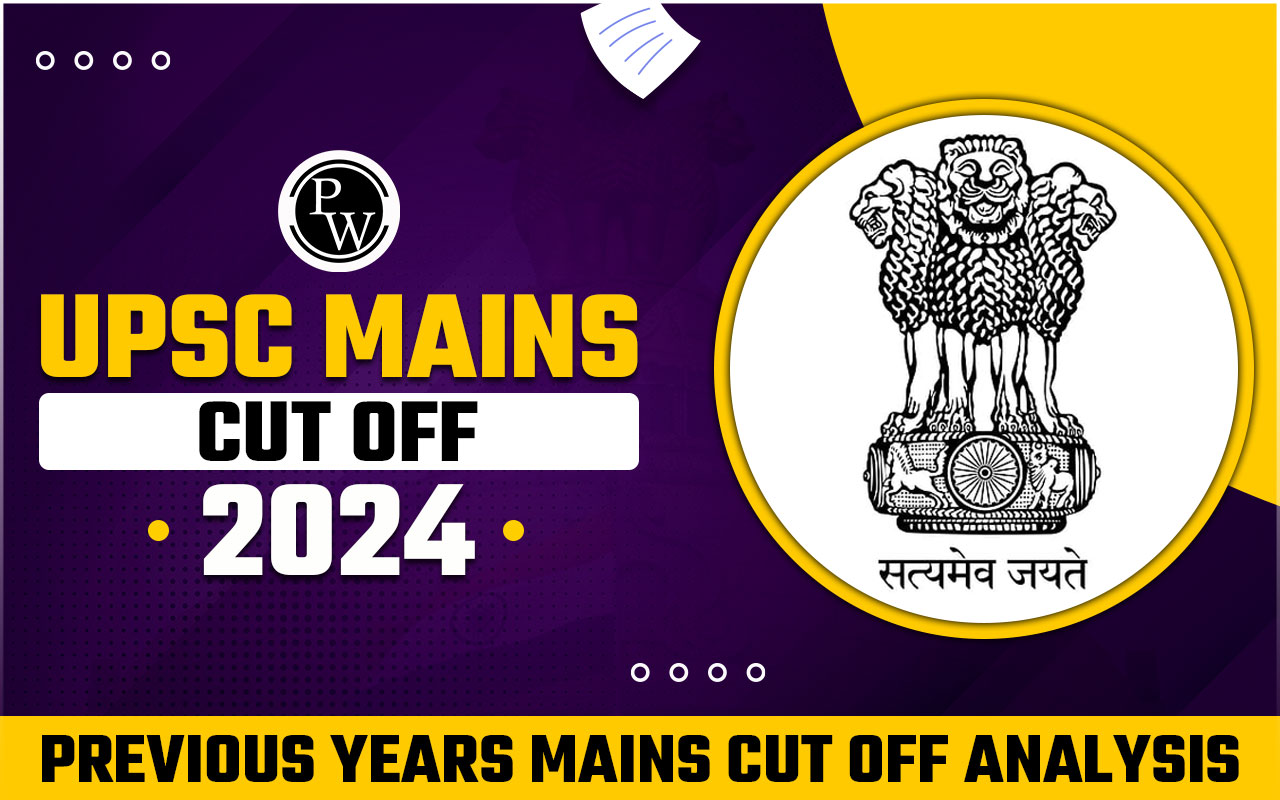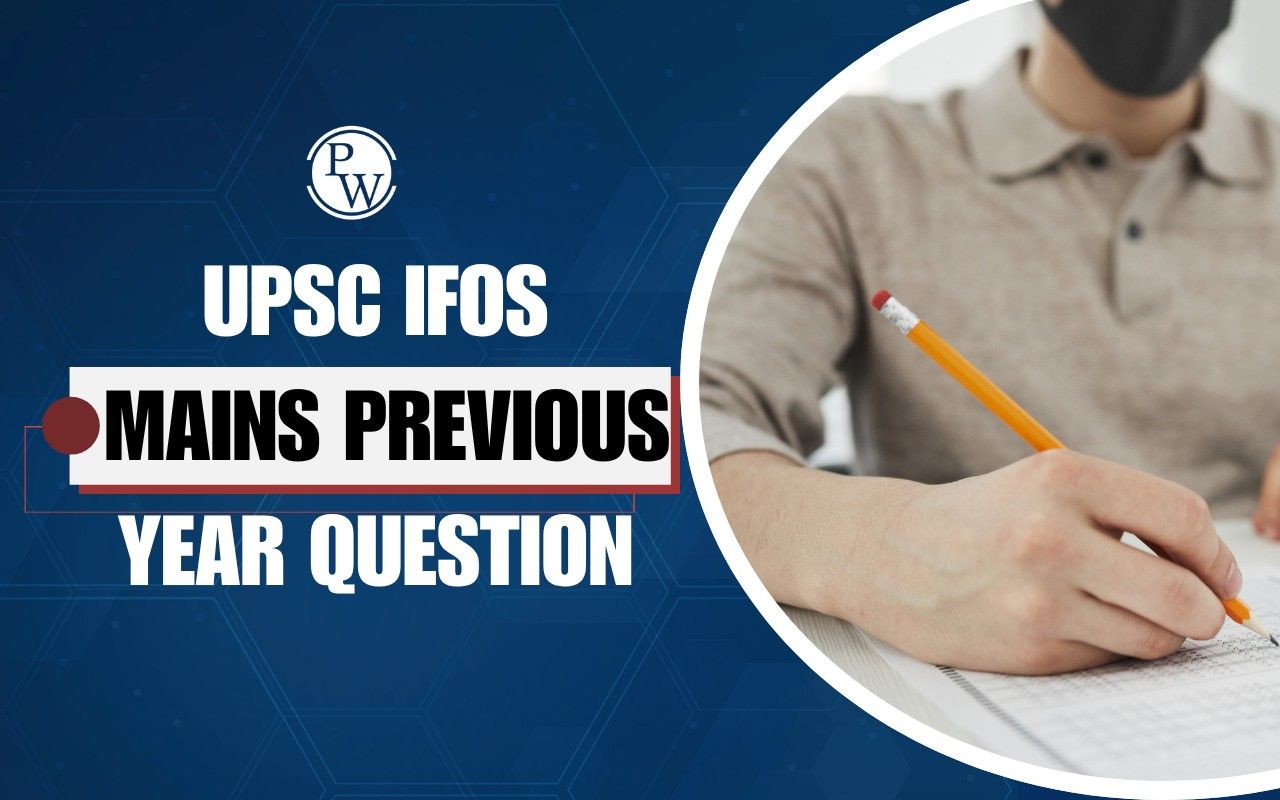
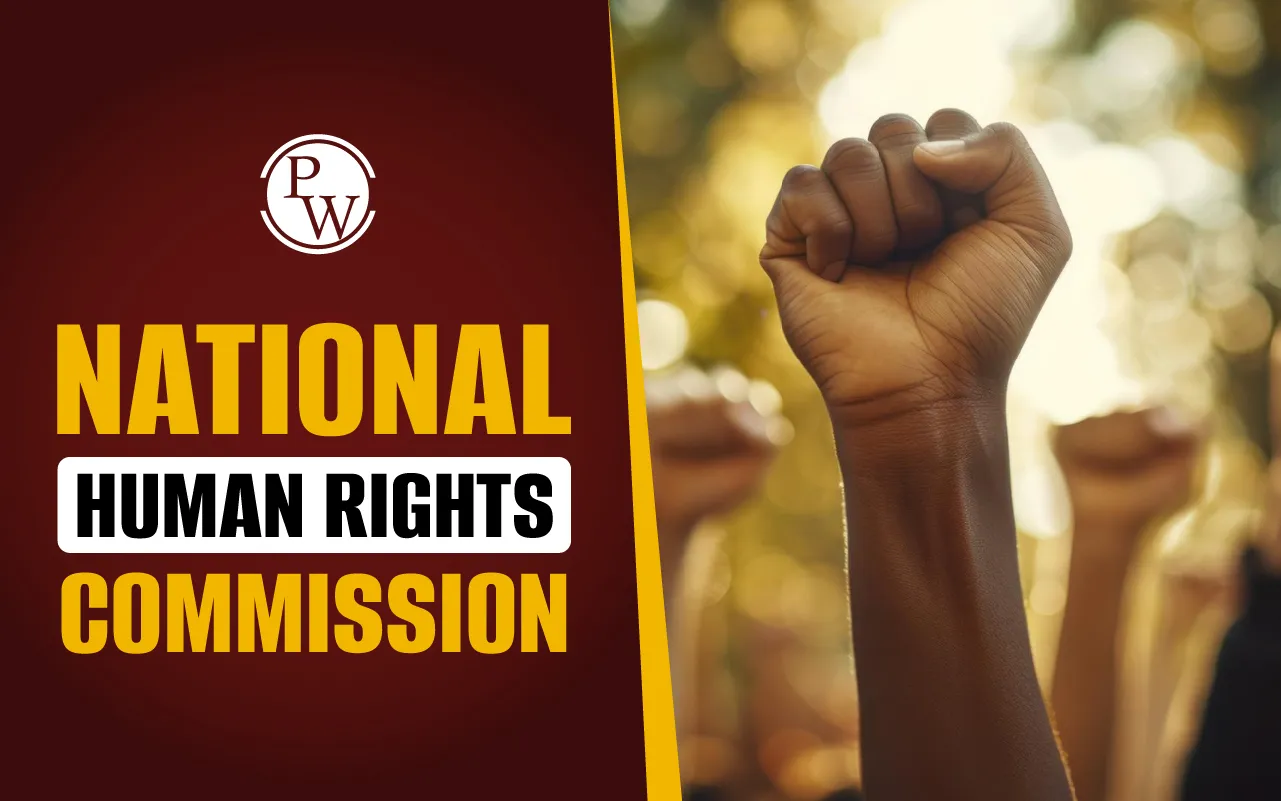
The National Human Rights Commission, also known as NHRC, is an independent statutory body in India, established under the Protection of Human Rights Act, 1993 (PHRA). It serves as a watchdog for human rights violations and ensures justice for victims. PHRA was amended in 2006 to strengthen the investigative machinery of the National Human Rights Commission.
What is NHRC and Its Full Form?
The NHRC stands for the National Human Rights Commission. It was established on 12 October 1993 in conformity with the Paris Principle. The NHRC is responsible for safeguarding and promoting human rights, which include rights related to life, liberty, equality, and dignity, as guaranteed by the Constitution of India and international treaties.
It also spreads awareness and encourages human rights education across the country. The NHRC plays a crucial role in advising the government on policies and legal matters related to human rights.
| About NHRC | |
| Full Form | National Human Rights Commission (NHRC) |
| NHRC Established Year | October 12, 1993 |
| Headquarters | Manav Adhikar Bhavan, INA, New Delhi |
| Motto | Sarve Bhavantu Sukhinaḥ (May All be Happy) |
| Composition |
|
| Key Objectives |
|
| Powers |
|
| Annual Reporting | Required to submit reports to Central and State Governments; recommendations must be addressed or explained if rejected |
Also Check, ‘Central Information Commission’
National Human Rights Commission Composition
The NHRC consists of a Chairperson and several members, as specified under the Protection of Human Rights Act, 1993. The composition includes:
National Human Rights Commission Chairman
The Chairperson of the NHRC is a crucial figure who provides leadership and strategic direction. The Chairperson must be a former Chief Justice of India or a Judge of the Supreme Court, ensuring extensive legal experience and a strong understanding of constitutional rights. Presently, Shri Justice V. Ramasubramanian is the Chairman of the NHRC.
National Human Rights Commission Members
The NHRC members bring diverse expertise in law, governance, and human rights. The commission consists of:
-
Judicial Members:
-
One member who is or has been a Judge of the Supreme Court.
-
One member who is or has been the Chief Justice of a High Court.
-
Expert Members:
-
Three members with knowledge or practical experience in human rights (at least one must be a woman).
-
Ex-officio Members: Chairpersons of the following National Commissions -
-
National Commission for Scheduled Castes
-
National Commission for Scheduled Tribes
-
National Commission for Women
-
National Commission for Minorities
-
National Commission for Backward Classes
-
National Commission for Protection of Child Rights
-
Chief Commissioner for Persons with Disabilities
These members work together to investigate complaints, conduct research, and promote human rights awareness nationwide.
Appointment of National Human Rights Commission
The appointment of the NHRC’s Chairperson and members follows a transparent process. The President of India appoints them based on recommendations from a high-level committee consisting of:
-
Prime Minister (Chairperson)
-
Union Home Minister
-
Leader of the Opposition in the Lok Sabha
-
Leader of the Opposition in the Rajya Sabha
-
Speaker of the Lok Sabha
-
Deputy Chairman of the Rajya Sabha
National Human Rights Commission Tenure
The tenure of the NHRC Chairperson and members is fixed to ensure stability. The Chairperson and members serve a term of 3 years or until they reach the age of 70, whichever comes first. After the completion of their tenure, members can be reappointed, if allowed by the appointing authorities.
Also Check, ‘Comptroller and Auditor General of India’
National Human Rights Commission Removal
The Chairperson or any member of the NHRC can be removed by the President of India under certain conditions:
-
Proven misbehavior or incapacity.
-
Conviction of an offense involving moral turpitude.
-
Engagement in financially questionable activities.
-
Holding an office of profit.
-
Infirmity of mind or body affecting performance.
In cases of misbehaviour or incapacity, the President must refer the matter to the Supreme Court for inquiry.
What are the Powers and Functions of the National Human Rights Commission?
The National Human Rights Commission plays a crucial role in the promotion and protection of human rights. It has several powers and functions that enable it to carry out its responsibilities effectively:
Powers of the National Human Rights Commission
The NHRC has several powers to enforce human rights laws and address violations:
-
Investigating Complaints: The NHRC can investigate cases of human rights violations by public authorities or individuals.
-
Suo Moto Actions: It can take action on its own if it notices any gross human rights violations.
-
Judicial Powers: The NHRC has the powers of a civil court, including summoning individuals, examining witnesses, and demanding documents.
-
Recommending Compensation: It can recommend monetary relief and other reparations for victims.
-
Monitoring Government Policies: The NHRC advises the government on laws, treaties, and policies related to human rights.
-
Promoting Human Rights Education: It spreads awareness through seminars, campaigns, and publications.
These powers make the NHRC an effective institution for protecting human rights in India.
Functions of the National Human Rights Commission
The NHRC performs various functions to safeguard human rights, including:
-
Investigating Human Rights Violations: It looks into complaints of human rights violations by public officials, law enforcement agencies, and private individuals.
-
Conducting Research and Studies: The NHRC studies existing laws and policies to suggest improvements for better human rights protection.
-
Spreading Awareness: It promotes human rights education in schools, colleges, and workplaces.
-
Intervening in Court Cases: The NHRC can participate in legal proceedings if human rights issues are involved.
-
Collaborating with International Organizations: It works with global human rights bodies to improve India's human rights record.
-
Reviewing Government Actions: It monitors policies and suggests necessary changes for better human rights governance.
State Human Rights Commission
Each state in India has its own State Human Rights Commission (SHRC) to handle local human rights issues. These commissions function similarly to the NHRC but operate within their respective states.
-
Composition: Each SHRC consists of a Chairperson and members with experience in law and human rights.
-
Jurisdiction: Investigates matters related to human rights violations within the State List (List-II) and Concurrent List (List-III) of the Constitution.
-
Powers and Functions: SHRCs investigate complaints, recommend actions, and promote human rights awareness at the state level.
-
States with SHRC: As of now, 26 states in India have established their respective SHRCs.
In conclusion, the NHRC and SHRC are important institutions that safeguard the fundamental rights of individuals in India. With its strong legal backing, independent functioning, and diverse composition, they uphold justice and dignity for all citizens.
Understanding human rights is essential for every citizen. To deepen your knowledge and prepare for UPSC exams, explore Physics Wallah’s UPSC Courses for comprehensive guidance!
National Human Rights Commission FAQs
What is the National Human Rights Commission (NHRC)?
Why was NHRC established?
How many members are there in National Human Rights Commission?
Who appoints the NHRC Chairperson?
What is the difference between NHRC and SHRC?

